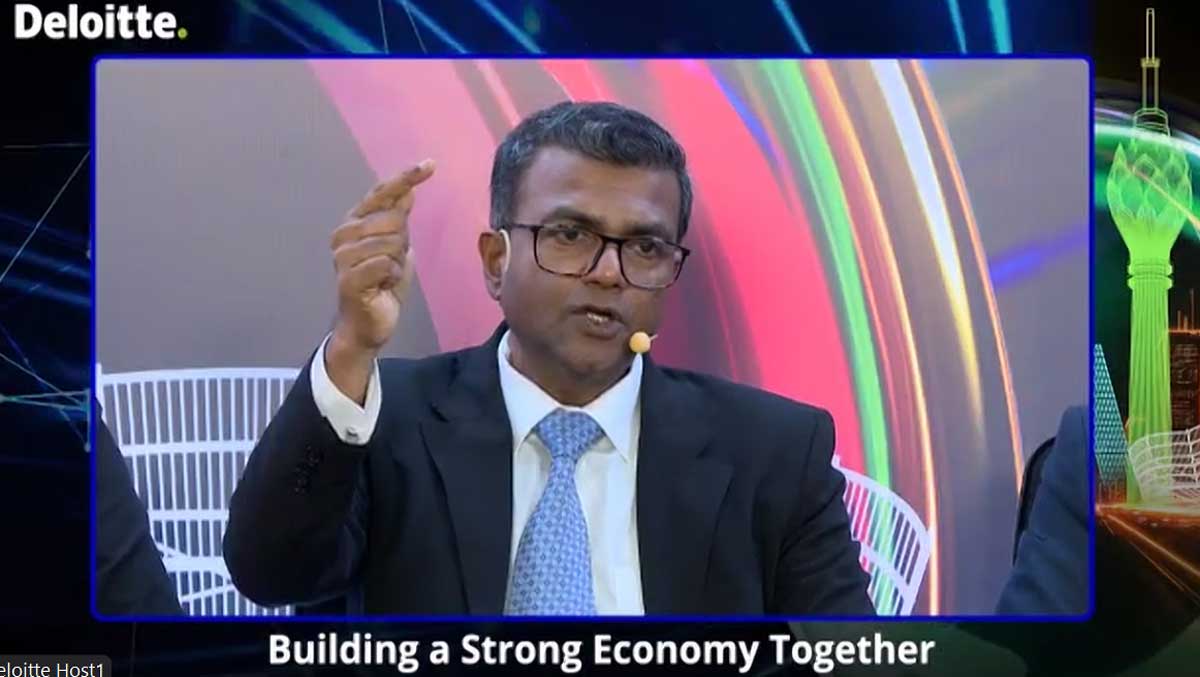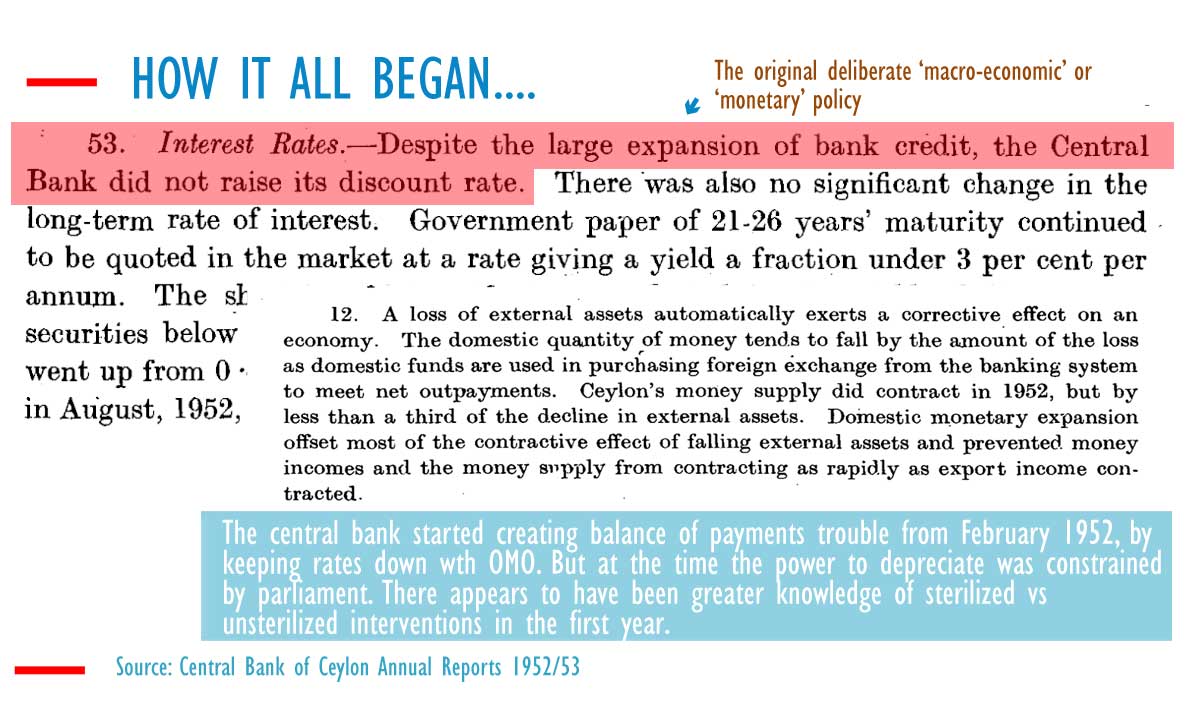Genk (Brussels Morning Newspaper) – Boolean, a Genk-based company, develops systems linking buildings and machines for the Einstein Telescope, supported by ET Innovation Fund (POM Limburg), with the final site expected in 2026–2027, says Thomas Nagels.
As VRT News reported, the Genk-based company Boolean has developed a new technology that allows buildings and machines to work together safely and efficiently. Current systems are designed only for buildings or only for machines. They mentioned that this creates information gaps. Even small problems can disrupt sensitive operations.
How is Genk’s Boolean supporting the Einstein Telescope project?
Boolean’s solution is built around 3 main tools. The first is a flexible system that enables real-time communication between machines and buildings. The 2nd is a framework to check safety regulations and technical standards clearly. The 3rd is a cloud platform that stores data, organises it.
Officials mentioned that this technology is especially useful for projects like the Einstein Telescope, a large underground observatory that will measure gravitational waves and explore the universe shortly after the Big Bang.
They said that Boolean’s technology will give the Einstein Telescope a digital backbone that traditional systems cannot provide.
“We’re a software company that writes software to control buildings and machines and connects it to IT systems,”
partner Thomas Nagels begins.
“Within the framework of the Einstein Telescope, we’ve developed an entire architecture to do this in a very safe and secure way.”
This is vital for a project of this size and complexity. The telescope is both a large building and a highly sensitive scientific instrument.
“It is a potentially dangerous environment for the people who work there, and a lot of data has to be sent back and forth,”
said Nagels of Boolean.
“That is why it is important to connect all systems efficiently and safely.”
The project has received funding from the ET Innovation Fund, managed by POM Limburg. The fund supports innovative projects that address technical challenges for the Einstein Telescope. It reimburses up to 50% of project costs, with a maximum of £50,000. The funding helps speed up the development of technologies like Boolean’s. The final location of the Einstein Telescope is expected to be confirmed by the end of 2026 or early 2027.
“It’s important that we invest in tomorrow’s technology through innovation and technology,”
says POM chairman and deputy for the economy Tom Vandeput.
“The candidacy for the Einstein Telescope is crucial, because it will enable us to transform Limburg. With this Boolean technology, we can further strengthen that candidacy. It’s great to see a Genk company taking on this challenge.”
Belgium has not yet hosted a project exactly like the Einstein Telescope, which combines a massive underground facility with highly sensitive scientific instruments. Still, the country has experience with large, high-tech research projects that faced similar challenges. Belgian universities and companies contributed to the Large Hadron Collider at CERN in the 1990s and 2000s, helping with underground systems, data monitoring, and safety measures.
Belgian teams also took part in the Virgo gravitational wave project in Italy since the 2000s, providing instruments and designing systems that link buildings with delicate machines. In addition, the Belgian Nuclear Research Centre in Mol has managed sensitive equipment and large facilities for decades, combining safety, data collection, and complex infrastructure.
Brussels Morning is a daily online newspaper based in Belgium. BM publishes unique and independent coverage on international and European affairs. With a Europe-wide perspective, BM covers policies and politics of the EU, significant Member State developments, and looks at the international agenda with a European perspective.








Leave a Reply